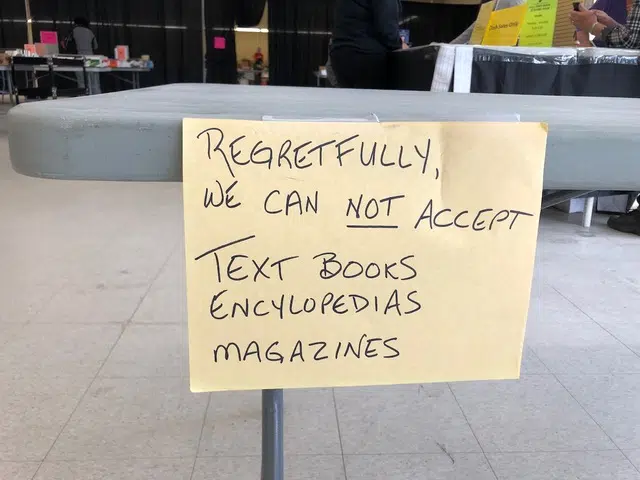
ROTHENBURGER: Encyclopedia of old gets no respect, but people still read
ALMOST FIVE YEARS AGO, I began reading my pristine 1968 edition of The American People’s Encyclopedia. I bought it from a door-to-door salesman after I got my first full-time job at a newspaper in Prince George 51 years ago.
It seemed like a good idea at the time, one of those things every journalist needed. It was also a sort of rite of passage towards maturity, right up there with renting an apartment and buying my first car.
When I was a kid, our family had a set of Encyclopedia Canadiana that was my salvation for many a school essay. I think there was a set of encyclopedias in every living room in Canada. Maybe my American People’s made me less homesick.
Those incredibly heavy books in their red bindings were a major investment for a 24-year-old — several hundred dollars paid in monthly installments, but they sure looked good in the living room on shelves made from a few concrete building blocks and one by sixes.


